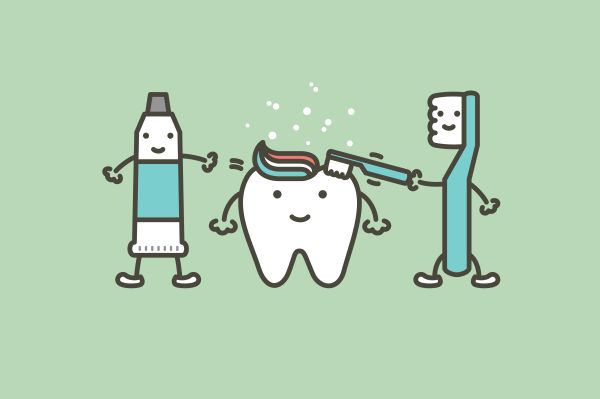Dental Crowns: 5 Reasons Why You Need Them

Dental crowns repair all kinds of damage and improve the shape and color of problematic teeth. Their versatility makes them suitable for cosmetic purposes and great at restoring teeth. As a restorative treatment, crowns protect the tooth from further wear or decay.
That is why dentists consider the dental crown their go-to procedure for fixing teeth with extensive damage. If you are still not convinced, here are some more benefits of having dental crowns.
1. They make the tooth stronger
Because of injury or severe tooth decay, a tooth may lose a large part of its outer structure. This causes the tooth to lose the ability to bite down or chew. In most cases, a severely damaged tooth will have its dentine and pulp exposed, resulting in terrible pain.
Using a dental crown, the dentist will cover the damaged tooth and stop it from falling apart. The crown will remove the tooth's vulnerability to pressure and temperature, and restore its ability to chew and grind.
2. They protect the inner tooth from harm
A broken down tooth leaves its dentine and pulp exposed to all kinds of external factors. Bacteria will easily access and infect the inner tooth, which will result in pain. The tooth will be sensitive to heat and cold, which will also cause pain.
Brushing and flossing also bring about pain. After mealtime, removing food particles lodged between your tooth can be a special kind of agony.
3. They improve a person's smile
Dental caps are one of the restorations that reshape badly-broken or misshapen teeth. They also cover up stains and close gaps between teeth.
For people who have crooked or uneven teeth, dental crowns give the teeth a uniform shape, length and size. Few cosmetic dental treatments can fix an imperfect smile the way dental caps can.
4. Placing dental caps is a simple procedure
No oral surgery is needed to place a dental cap. All the dentist does is clean the tooth, file down the enamel and fit the dental crown over the prepared tooth. There is no cutting or stitching needed.
This is superb because the restored tooth becomes fully functional only a few days after the placement of the crown.
5. Crowns are easy to maintain
Cleaning a dental crown is just as easy as cleaning a natural tooth. The dental hygiene routine is the same.
By brushing and flossing twice a day, and by getting regular dental checkups, you will take care of the crown as well as the rest of the teeth.
What are you waiting for?
If you think that you need a tooth restoration, and a dental crown is the only way to get it done, then call one of our dentists for more information. Our team treats many dental issues, and we have seen all types of cases. We can help you find a convenient and affordable option to restore your teeth.
Request an appointment here: https://smilefreshdentalgrandblanc.com or call Smile Fresh Dental at (810) 515-7083 for an appointment in our Grand Blanc office.
Related Posts
A broken tooth can affect both oral health and confidence. Whether caused by biting into something hard, an accident, or underlying decay, prompt dental care is essential to prevent further damage and restore normal function. Fortunately, modern dentistry provides several reliable treatments that repair structural damage and rebuild a natural-looking smile. A cosmetic, family, or…
Adult orthodontics has become an increasingly popular solution for individuals looking to improve their oral health and the smile's appearance. Dental professionals offer a variety of treatment options to address the unique needs of adult patients. The following guide will explore the most common treatments used in adult orthodontics, highlighting their benefits and effectiveness in…
Traditional dentures can be either full or partial. These are custom-fit restorations that can improve your smile, bite, and chew. Complete and partial dentures are traditional. Understanding how these prostheses vary can help you decide which one can work for you. Here are the differences between complete and full dentures.These are for people who do…
Dentures can restore confidence in one’s smile and quality of life for those who have suffered tooth loss. However, it may not happen overnight, and getting used to dentures will take some time. Still, many denture wearers find the benefits of dentures are worth the wait. Though it may take some time to acclimate to…
